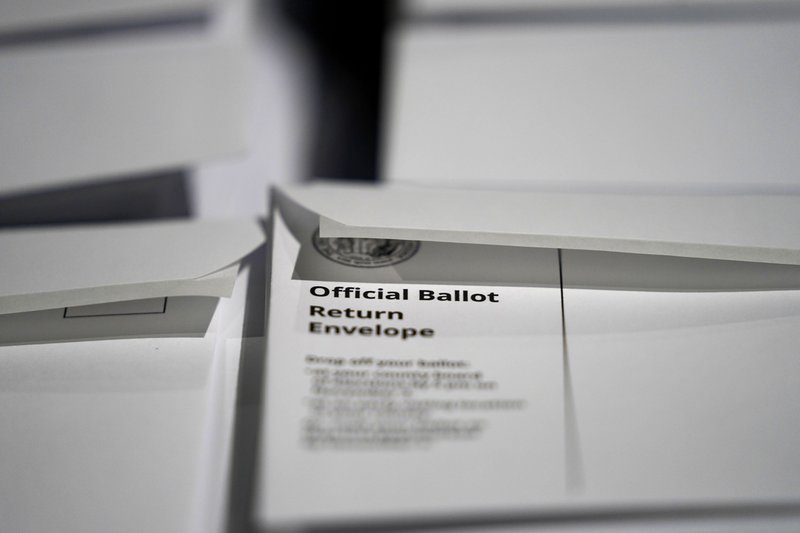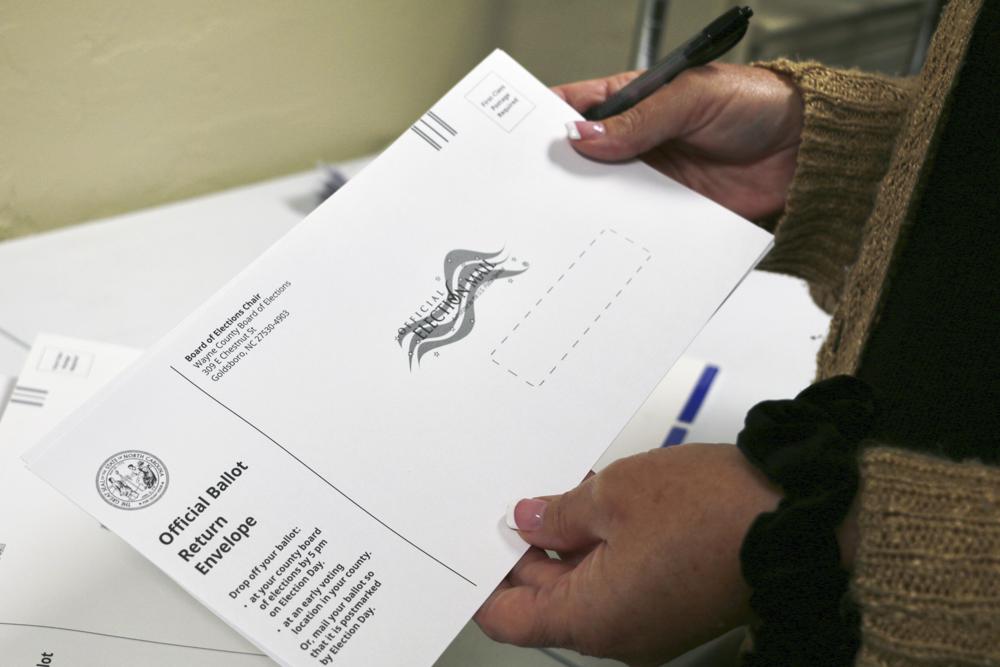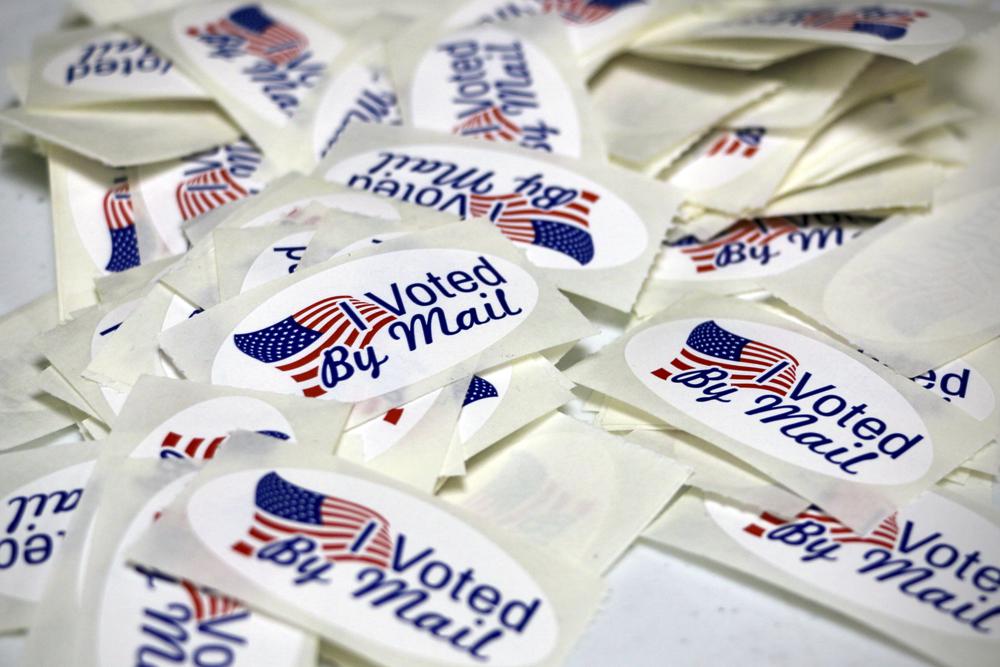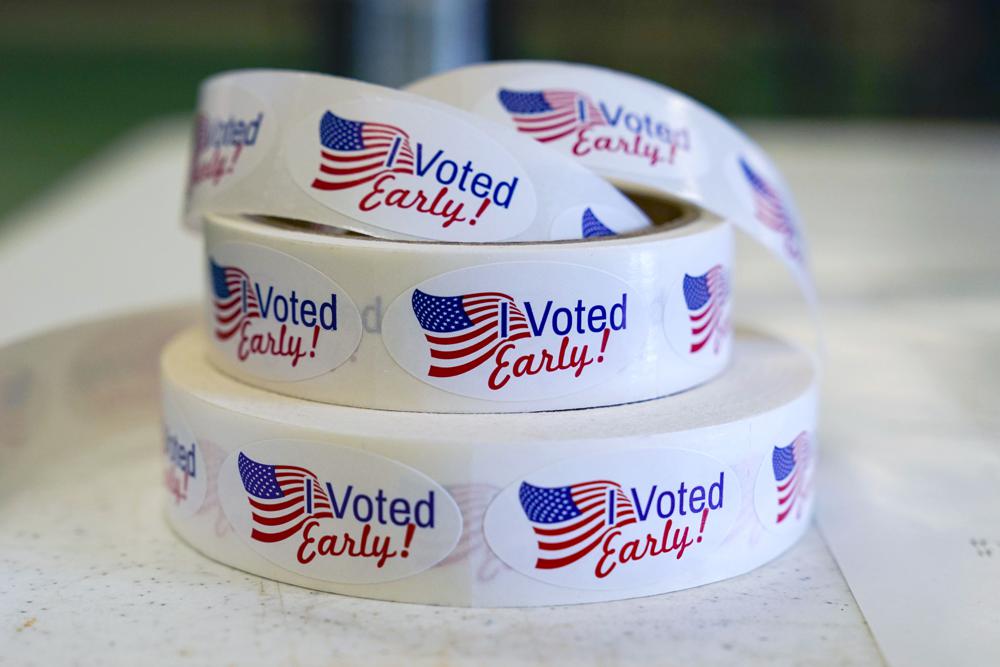As the country holds its breathe during one of the tightest presidential races in history, one Duke scholar is questioning more than the results of this election process, but rather the effectiveness of America’s entire electoral system.
As of Wednesday evening, the presidential victor for the battleground state of North Carolina was still unclear as at least 117,000 of the state’s absentee ballots were unaccounted for, according to the state board of elections.
Across North Carolina, mail-in ballots can be received until November 12 as long as they were postmarked by Election Day. Provisional and absentee ballots received from now until November 12 will not be counted until the final day according to the State Board of Elections on Wednesday.
Despite these outstanding ballots, and no winner officially called, Trump declared victory early Wednesday stating, “We’ve clearly won North Carolina, where we’re up 1.4 percent, or 77,000 votes with only approximately 5 percent left,” he said. “They can’t catch us.”
Judith Kelley, the Dean of the Sanford School of Public Policy at Duke and a senior fellow with the Kenan Institute for Ethics, said several behaviors stemming from the current administration, including claiming premature victory in an election, should be enough reason for alarm in a mature democracy.
“If we just look at elections and how mature democracies are expected to conduct themselves around elections, we’ve had a number of things that are unusual for mature democracies,” Kelley said. “For example, undermining confidence in the election by claiming it will be rigged before the polling has even started – hinting at the need to delay an election – suggesting that one might stay in office beyond the constitutionally allowed period – showing misinformation about what the normal election process is – claiming victory prematurely.”
Despite these presidential claims, the State Board of Elections said there is nothing new or unusual about prolonged vote counts. In 2008, it took two weeks for Missouri to be called for John McCain. In 2012, it took four days for Florida to be called for Barack Obama. Americans are accustomed to knowing who won the presidency on election night because news organizations project winners based on partial counts, not because the entire count is completed that quickly. Because so many people voted by mail this year in response to the coronavirus pandemic, it is taking longer in some states to make accurate projections.
As votes continue to trickle in and the future of the presidency hinges on the battle to reach 270 Electoral College votes, Kelley said it may be time for a “renovation” of American democracy to put each state and each vote on a more level playing field.
“The United States is one of the oldest, established democracies in the world and that also means that we made the rules a long time ago,” Kelley said. “A lot of modern democracies have leap-frogged over us and they have rules and procedures in place that are more impartial and systems that are better at ensuring that the electoral process represents the will of the voters.”
Kelley said the Electoral College was initially designed to protect the public and the sanctity of its vote, but she said that’s no longer what it does today. Quirks of the Electoral College system were exposed in 2016 when Donald Trump secured the presidency with an Electoral College majority, even as Hillary Clinton took a narrow lead in the popular vote.
“We are headed towards a situation potentially where for the third time in six elections the winner of the presidency might be winning through the Electoral College rather than through the popular vote,” Kelley said. “That is very bizarre for a mature democracy.”
In the beginning, when America was poised to take it’s first Democratic steps, several ideas were offered up in regards to how to elect the nation’s Commander in Chief. At the Philadelphia convention, Pennsylvanian James Wilson proposed a direct national election of the president – however Virginian James Madison said such a system would prove unacceptable to the South.
Simply speaking, if America had chosen a direct, popular vote electoral system, the North would outnumber the South, as half a million of its slaves could not vote. The Electoral College instead let each southern state count its slaves, albeit with a two-fifths compromise, when computing its share of the overall count. Kelley said this way of running an electoral system is extremely outdated.
“This is a national level election in a direct democracy,” Kelley said. “Normally you’d expect every single vote to count equally and that is simply not the case. The ballot that you went and cast yesterday – or in the early election or an absentee ballot – is not a vote that will be directly tallied for or against who wins the White House and that is really unusual. I think that no matter who wins, the loser is clear. It is American Democracy that has lost in this electoral period.”
Chapelboro.com does not charge subscription fees. You can support local journalism and our mission to serve the community. Contribute today – every single dollar matters.








